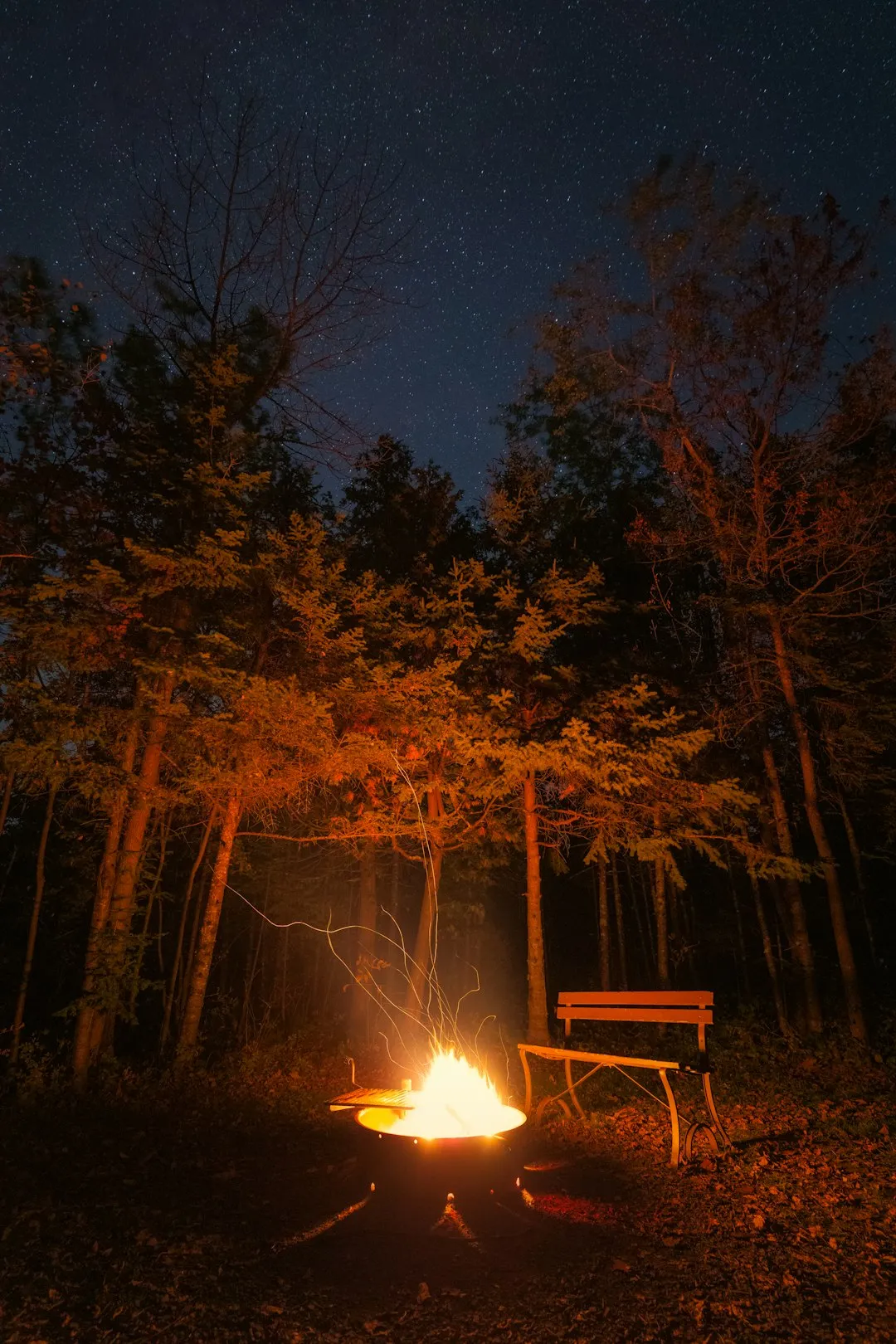
Embarking on the journey of gardening shrubs can be an incredibly rewarding experience, and one plant that stands out is the elderberry. This basic guide to growing elderberry plants will equip you with essential planting and care tips, introduce you to different types to grow, and highlight the best companion plants.
Elderberries, scientifically known as Sambucus, are a group of fast - growing shrubs or small trees. They are native to various parts of the world, including North America, Europe, and Asia. These plants are not only aesthetically pleasing but also offer a range of benefits, from their edible berries to their medicinal properties.
When it comes to planting elderberries, the first step is to choose the right location. Elderberries thrive in full sun to partial shade. A location that receives at least 6 hours of sunlight per day is ideal. The soil should be well - drained, rich in organic matter, and have a pH between 5.5 and 6.5. Before planting, it's a good idea to test your soil and amend it if necessary. You can add compost or well - rotted manure to improve the soil structure and fertility.
It's best to plant elderberries in the early spring or fall. Dig a hole that is twice as wide and just as deep as the root ball of the plant. Place the plant in the hole, making sure the top of the root ball is level with the ground. Backfill the hole with soil, gently firming it around the base of the plant. Water the newly planted elderberry thoroughly to help settle the soil.
There are several types of elderberries that you can grow in your garden. The American elderberry (Sambucus canadensis) is a popular choice. It produces large clusters of dark purple berries that are great for making jams, jellies, and wines. The European elderberry (Sambucus nigra) is another well - known variety. It has a long history of medicinal use and its flowers are often used to make elderflower cordial.
There are also some ornamental varieties of elderberries. For example, the 'Black Lace' elderberry has deeply cut, purple - black foliage that adds a dramatic touch to the garden. The 'Aurea' elderberry has golden - yellow leaves that provide a bright splash of color.
Watering is an important aspect of elderberry care. Elderberries need regular watering, especially during the first year after planting. They prefer moist soil but can tolerate short periods of drought once established. However, it's important not to over - water, as this can lead to root rot.
Fertilizing elderberries is also crucial. Apply a balanced fertilizer, such as a 10 - 10 - 10, in the early spring before new growth begins. You can also add a layer of mulch around the base of the plant to help retain moisture and suppress weeds. Pruning is necessary to keep the elderberry plant healthy and productive. Prune in the late winter or early spring to remove any dead, damaged, or diseased branches. You can also thin out the plant to improve air circulation.
Choosing the right companion plants for elderberries can enhance the health and productivity of your garden. One great companion plant is comfrey. Comfrey has deep roots that can mine nutrients from the soil and make them available to the elderberry. It also acts as a living mulch, helping to retain moisture.
Yarrow is another good companion plant. It attracts beneficial insects, such as ladybugs and lacewings, which can help control pests in the garden. Nasturtiums are also a great addition. They repel aphids and other pests, and their bright flowers add color to the garden.
In conclusion, growing elderberries is a wonderful way to add beauty and functionality to your garden. By following these planting and care tips, and choosing the right types and companion plants, you can enjoy a bountiful harvest of elderberries for years to come. Whether you're making delicious elderberry jams or using the flowers for herbal remedies, elderberries are a valuable addition to any garden.
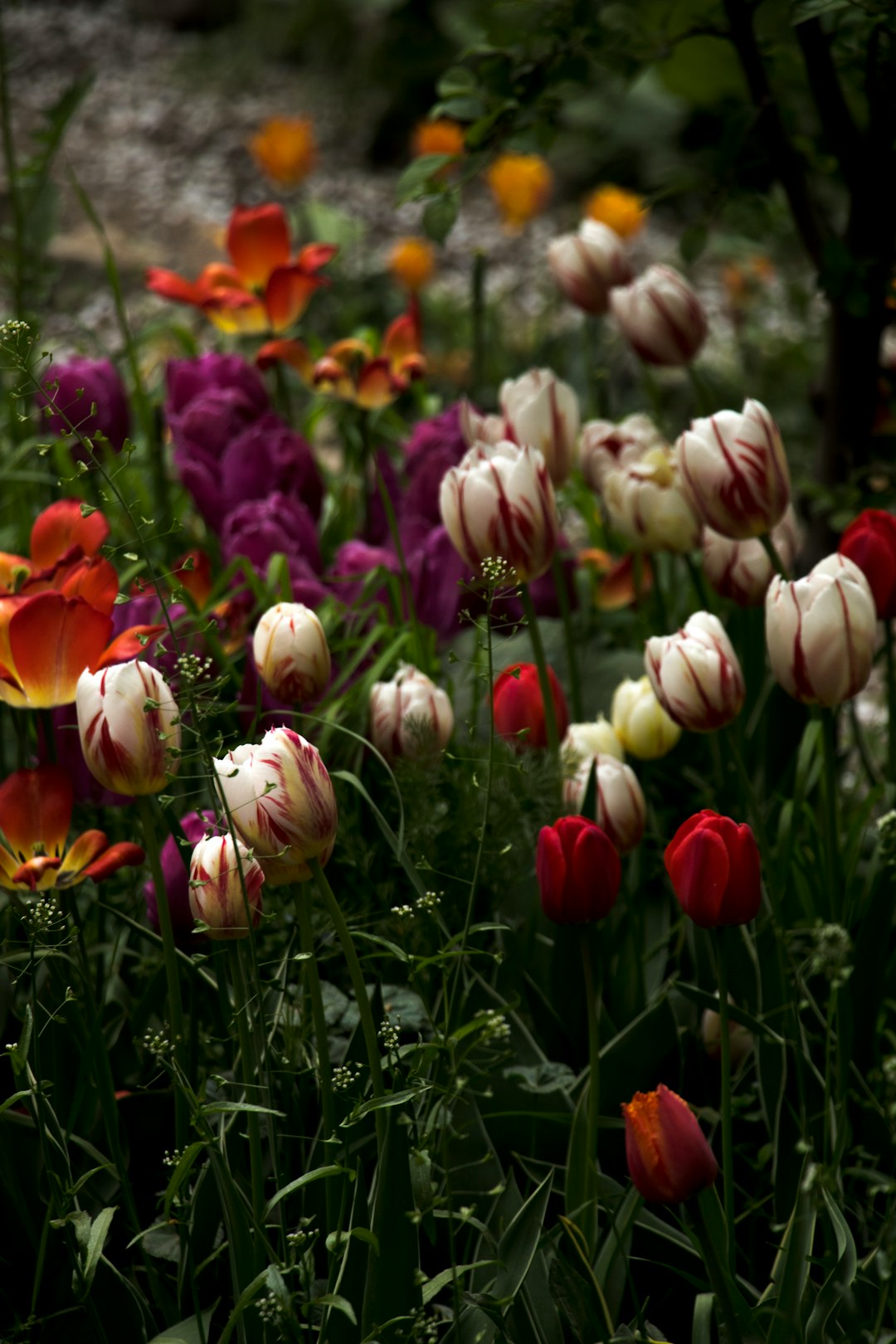
Unleashing the Floral Magic of Snowball Hydrangeas
Unleashing the Floral Magic of Snowball Hydrangeas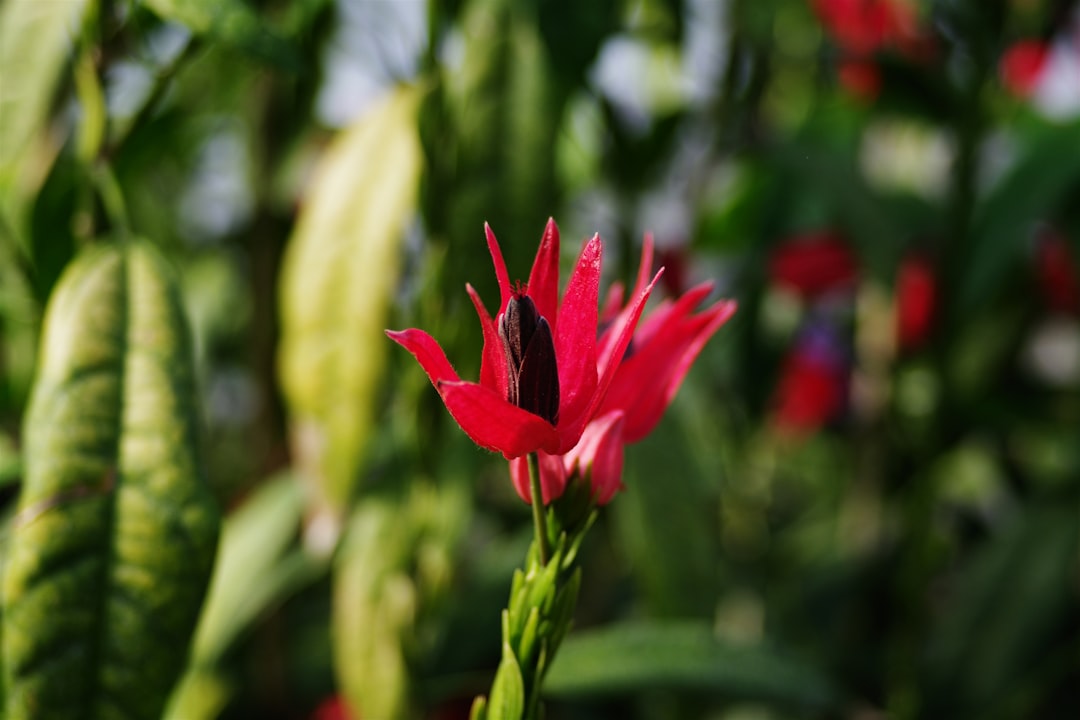
Unveiling the Secrets of Cultivating Carolina Allspice
Unveiling the Secrets of Cultivating Carolina Allspice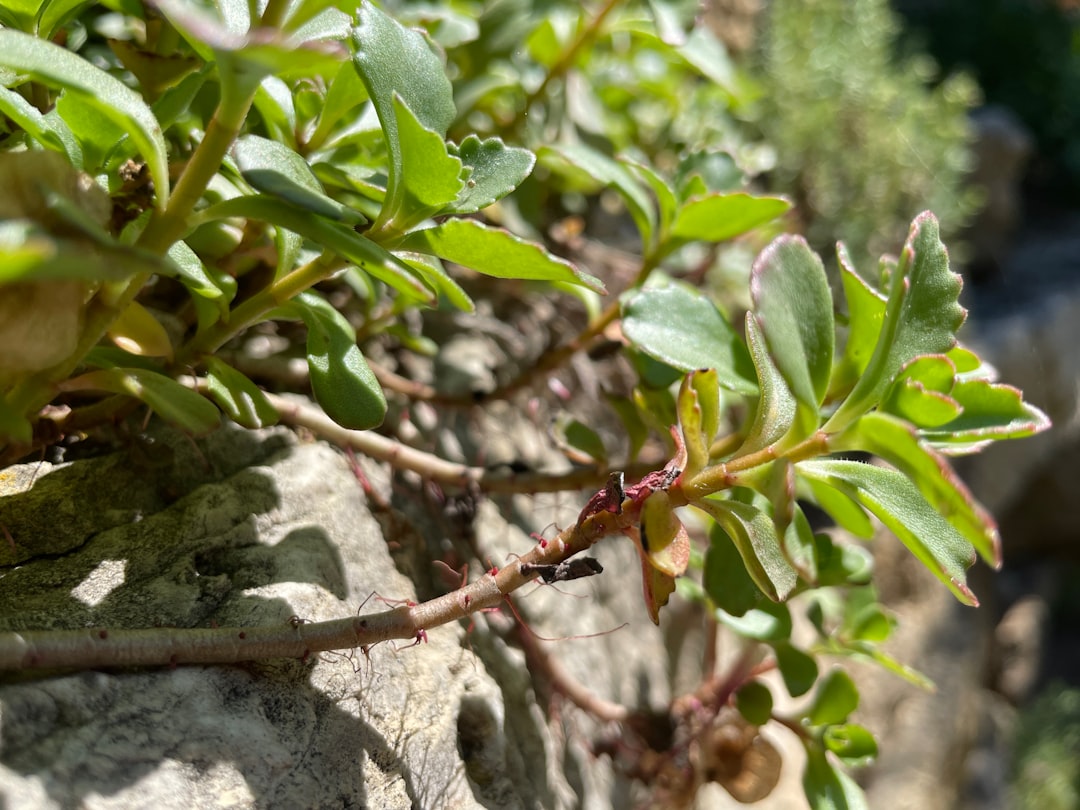
The Art of Planting Bare Root Trees: A Comprehensive Guide
The Art of Planting Bare Root Trees: A Comprehensive Guide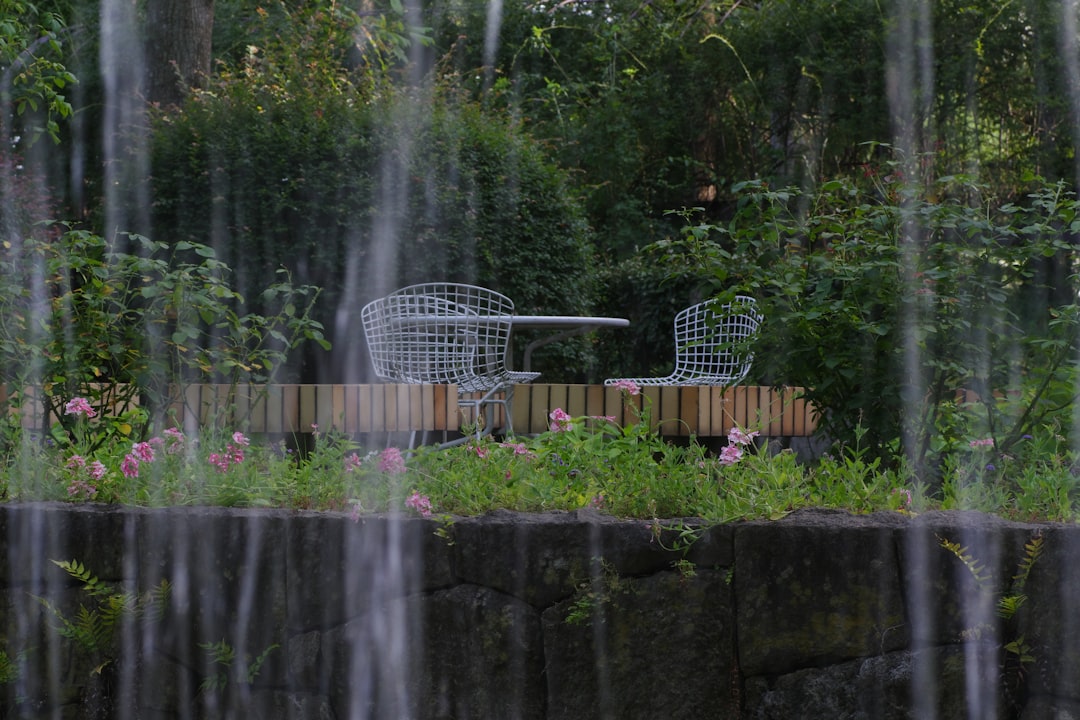
The Enchanting Allure of White - Flowered Trees for Your Front Yard
The Enchanting Allure of White - Flowered Trees for Your Front Yard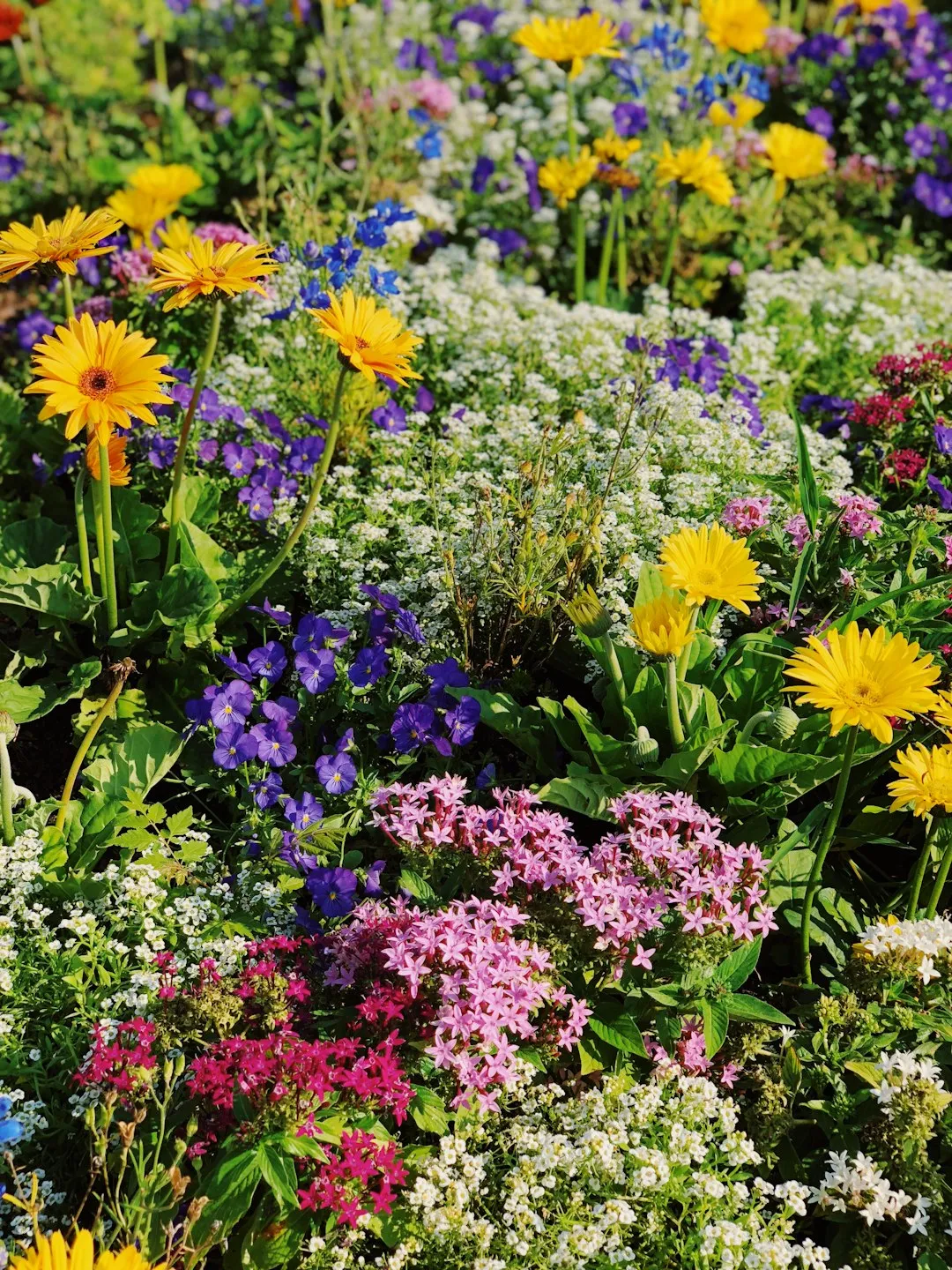
Transform Your Home with Succulent Wall Art from an Old Picture Frame
Transform Your Home with Succulent Wall Art from an Old Picture Frame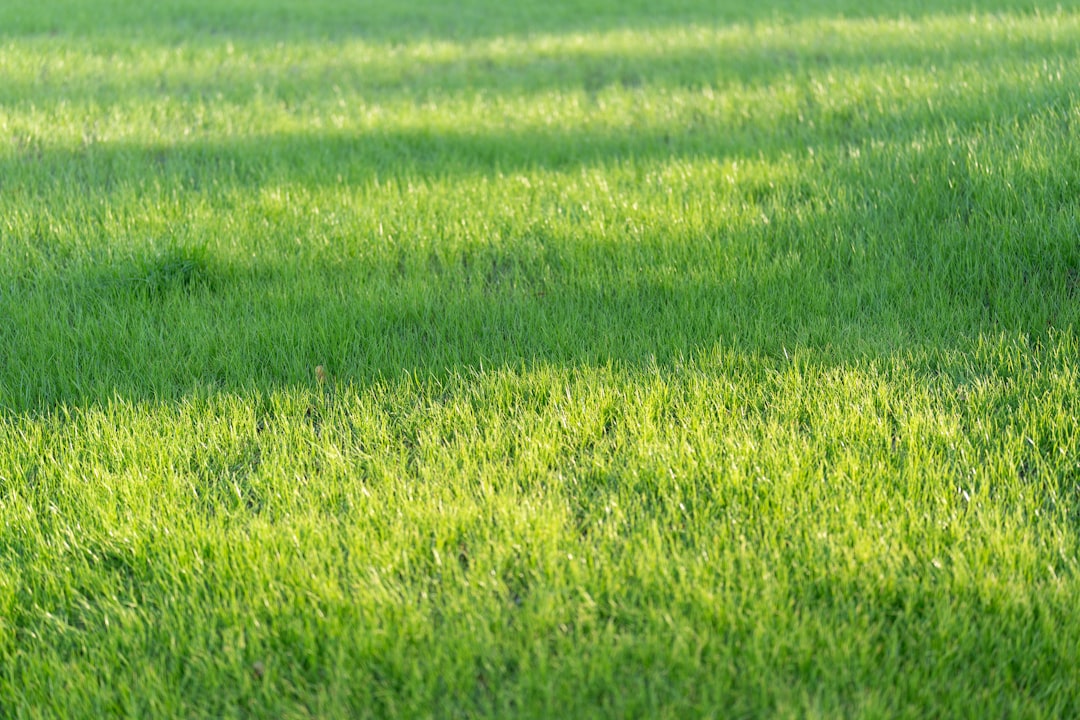
Transforming Broken Pots into Enchanting Fairy Gardens
Transforming Broken Pots into Enchanting Fairy Gardens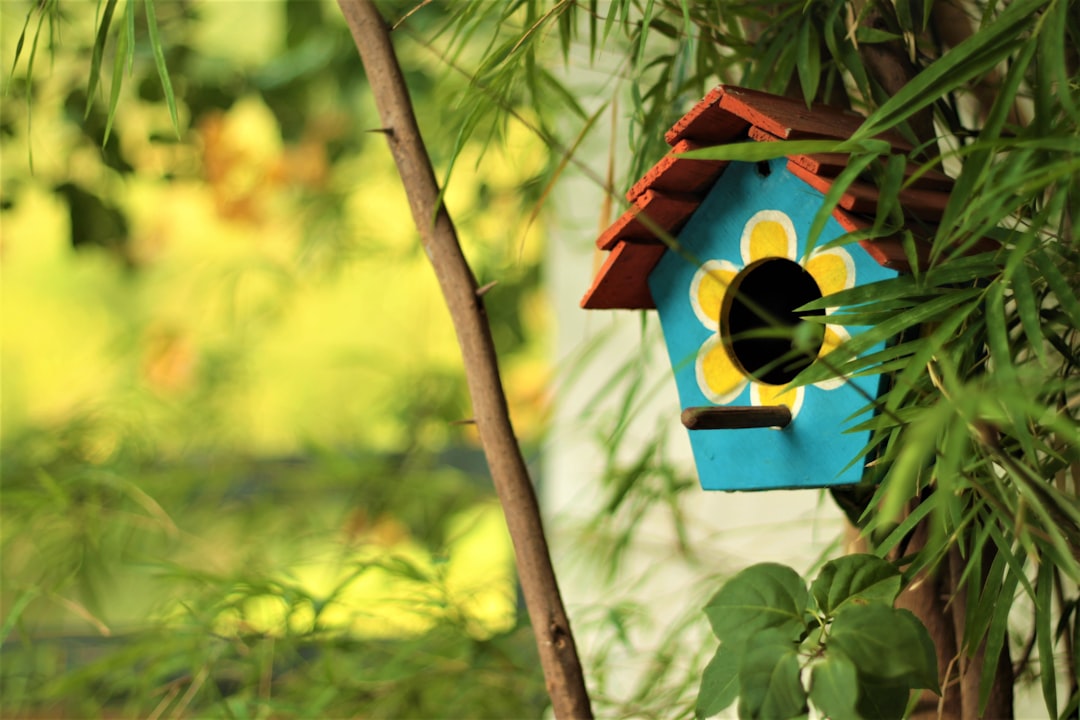
Unleash the Beauty of Dahlias in Pots This Summer
Unleash the Beauty of Dahlias in Pots This Summer
Transform Your Shady Yard with Caladium Container Magic
Transform Your Shady Yard with Caladium Container Magic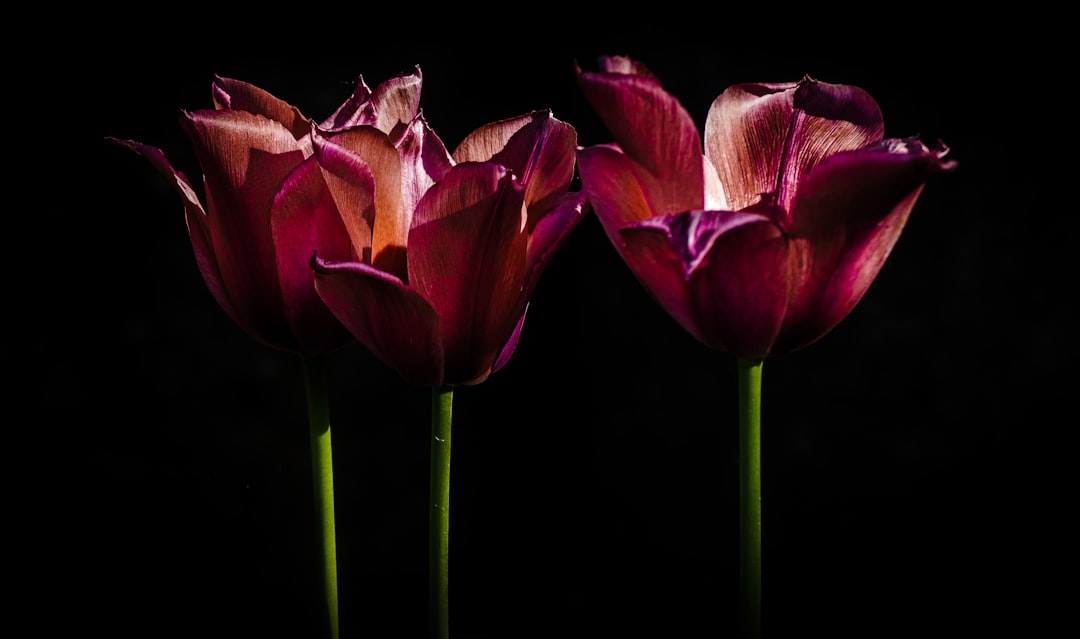
Unleash Your Creativity with DIY Concrete Planters
Unleash Your Creativity with DIY Concrete Planters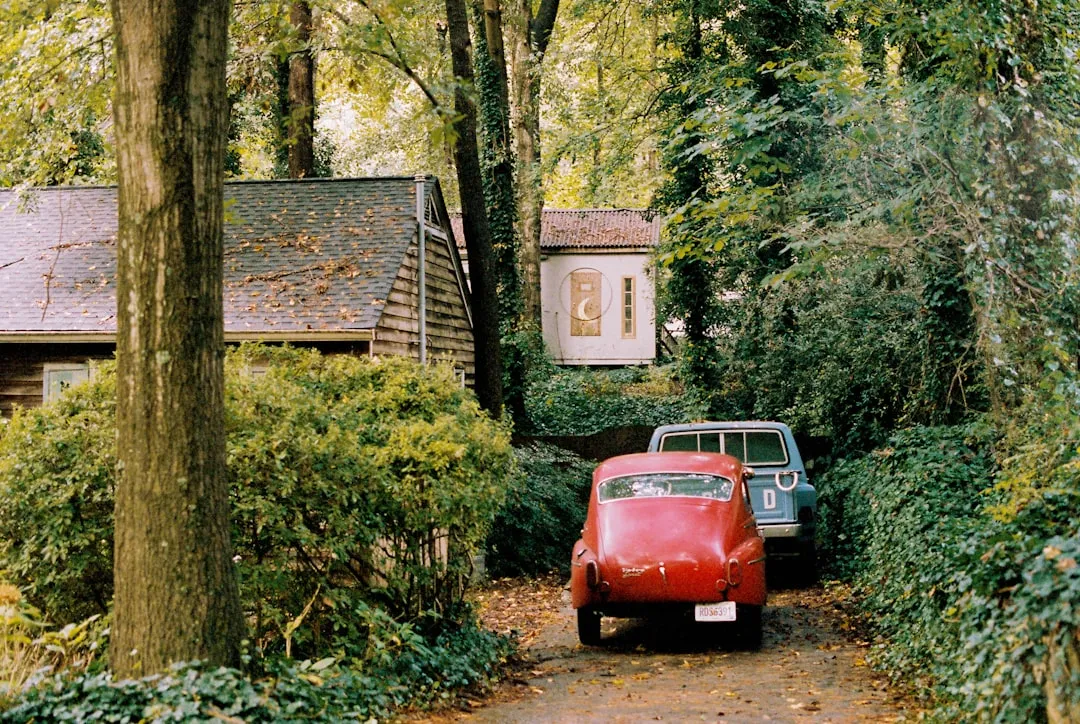
The Secret to Thriving Jade Plants: Minimal Effort, Maximum Results
The Secret to Thriving Jade Plants: Minimal Effort, Maximum Results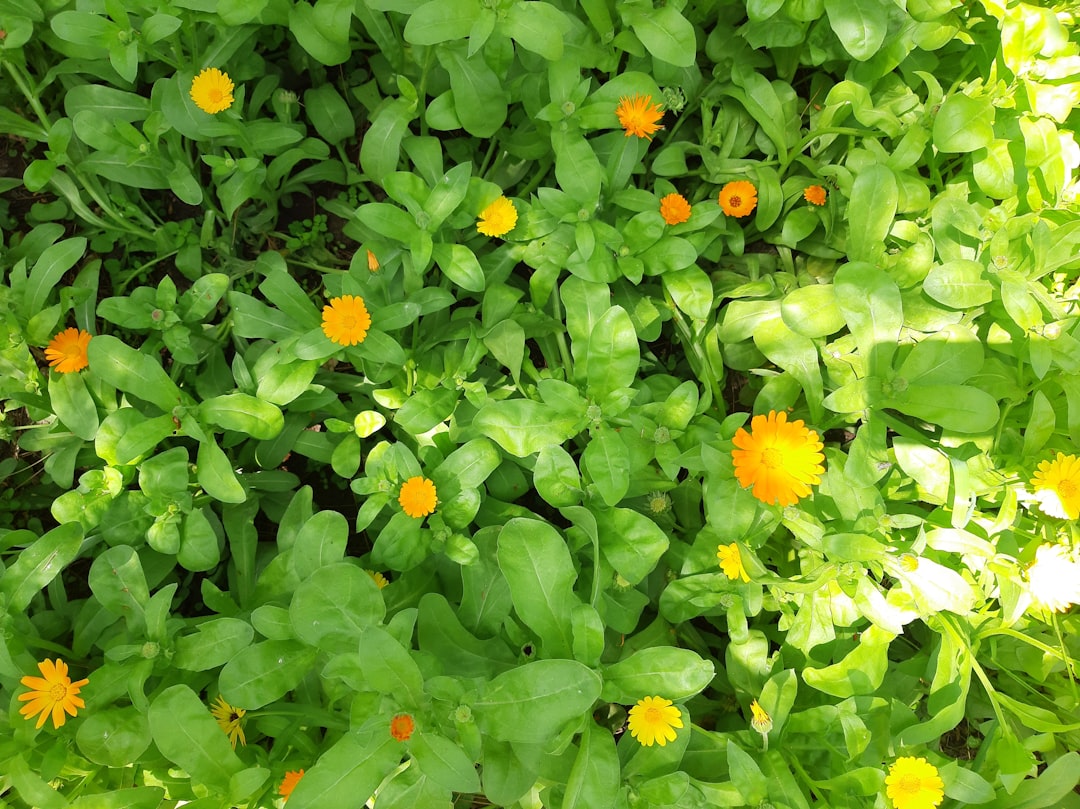
Unveiling the Secrets of Thriving Houseplants: A Two - Month Journey
Unveiling the Secrets of Thriving Houseplants: A Two - Month Journey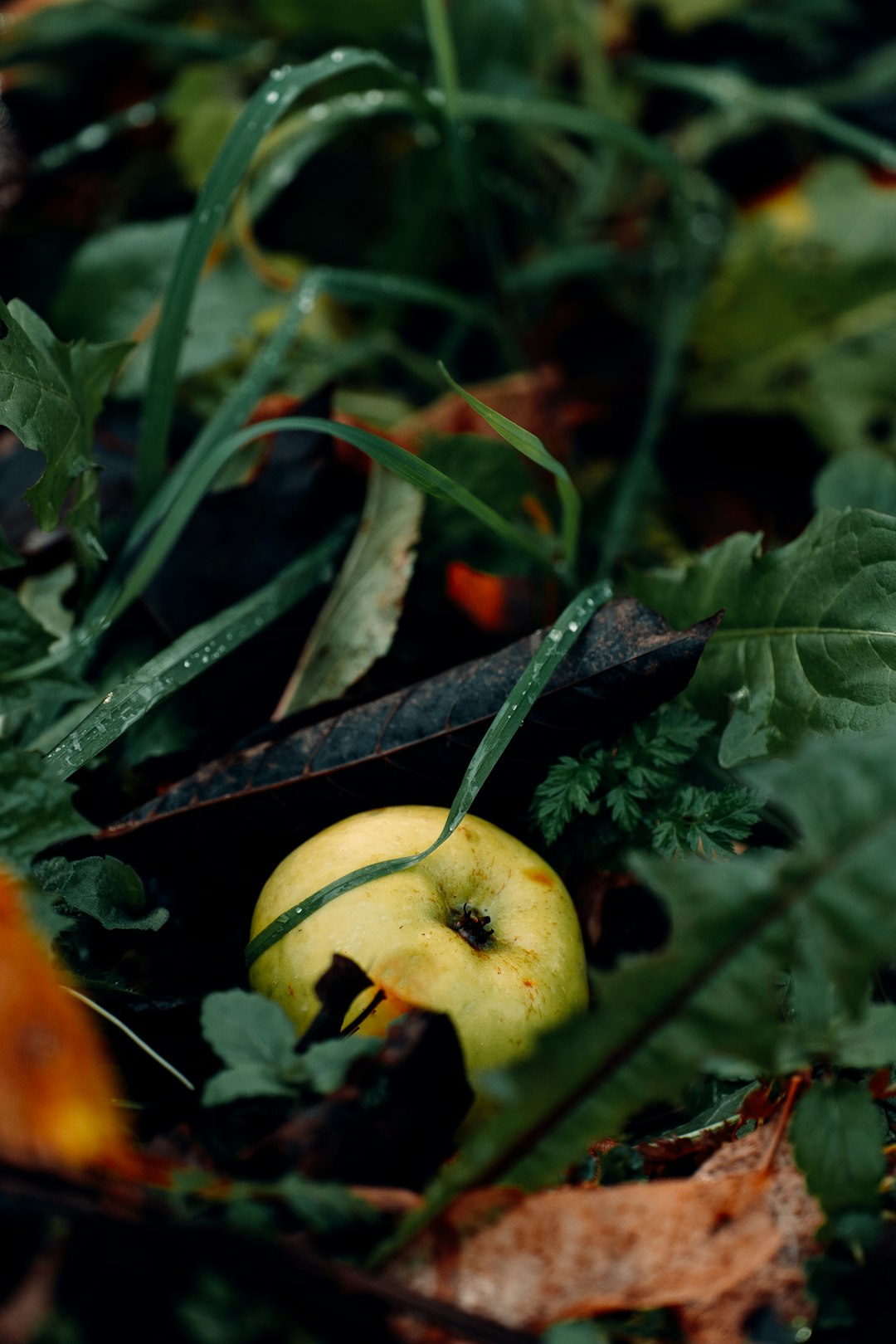
The Ideal Starter Plant for Your Indoor Oasis
The Ideal Starter Plant for Your Indoor Oasis
Transform Tiny Outdoor Spaces with a DIY Container Pond
Transform Tiny Outdoor Spaces with a DIY Container Pond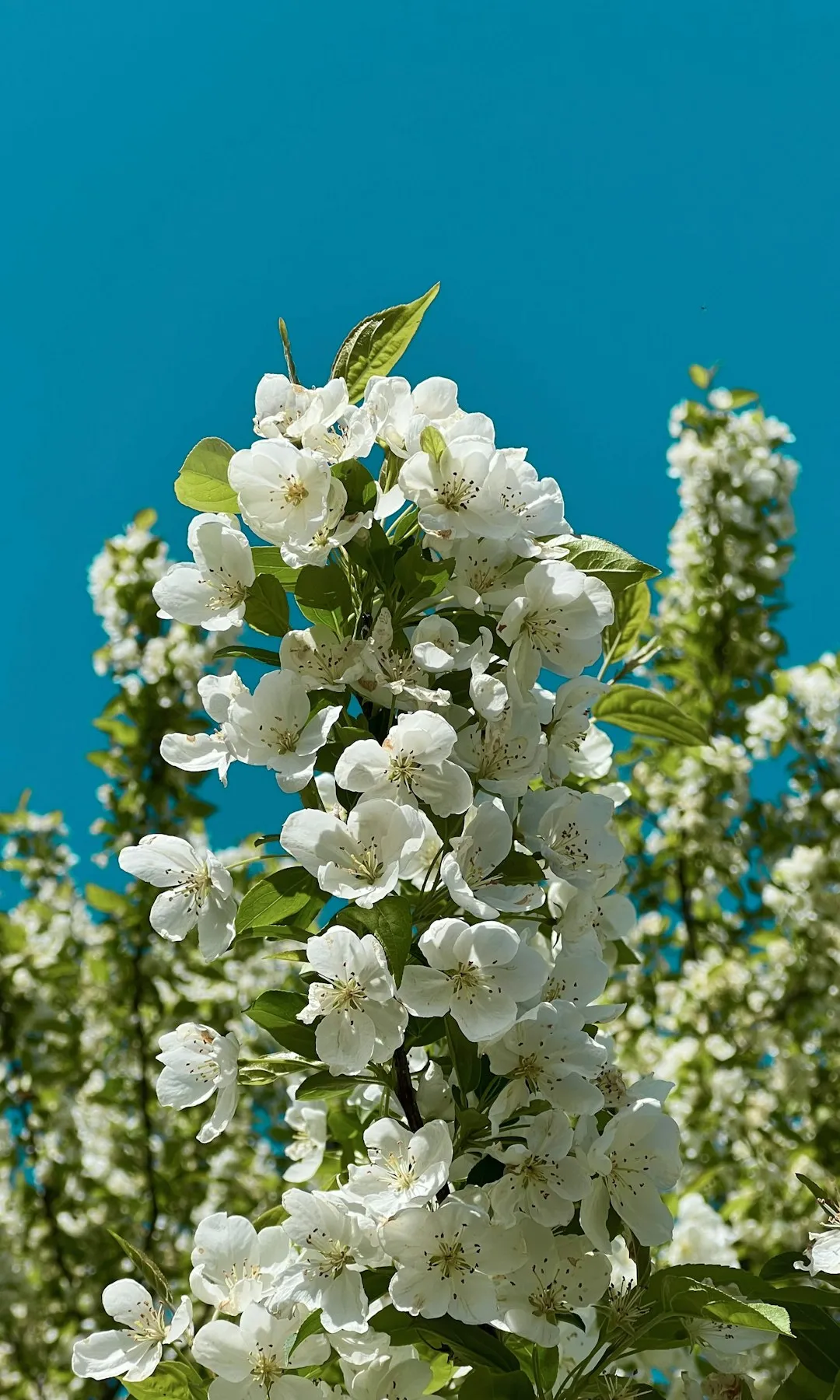
The Gravel Guide: Avoiding Common Pitfalls in Landscape Design
The Gravel Guide: Avoiding Common Pitfalls in Landscape Design
Summer's Floral Magic: Transforming Your Garden
Summer's Floral Magic: Transforming Your Garden
Transform Your Mailbox into a Garden Gem
Transform Your Mailbox into a Garden Gem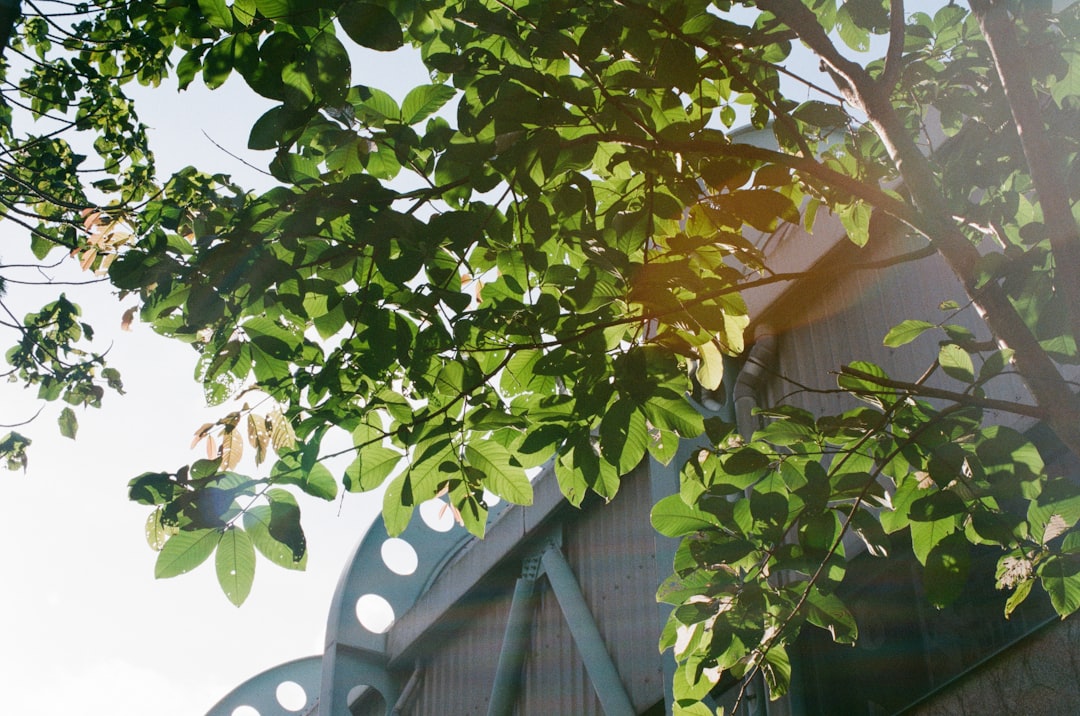
Transform Your Backyard with a Storm - Catching Oasis
Transform Your Backyard with a Storm - Catching Oasis
The Surprising Truth About Weed - Control in Vegetable Gardens
The Surprising Truth About Weed - Control in Vegetable Gardens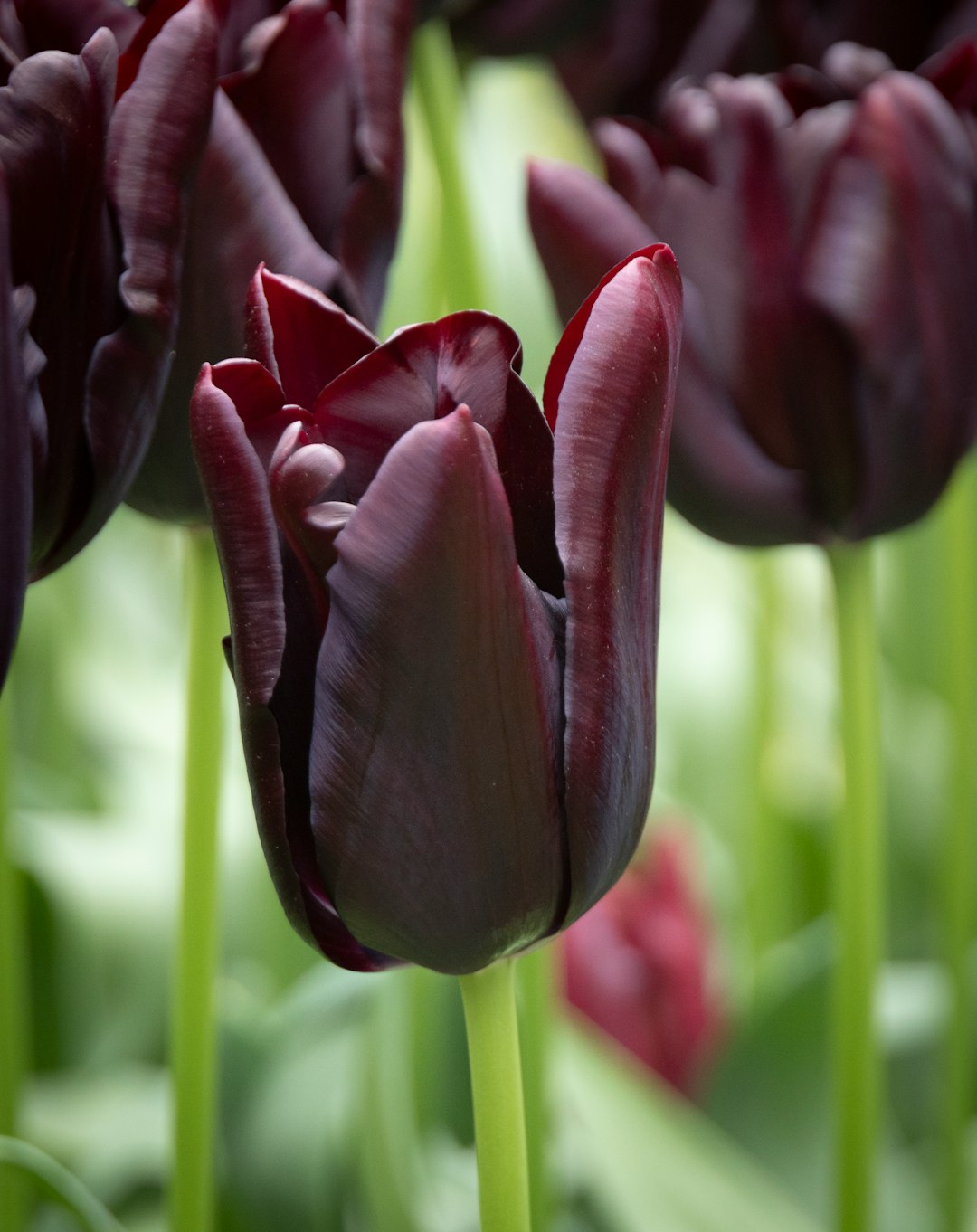
Conquer Your Garden's Invaders: Expert Solutions
Conquer Your Garden's Invaders: Expert Solutions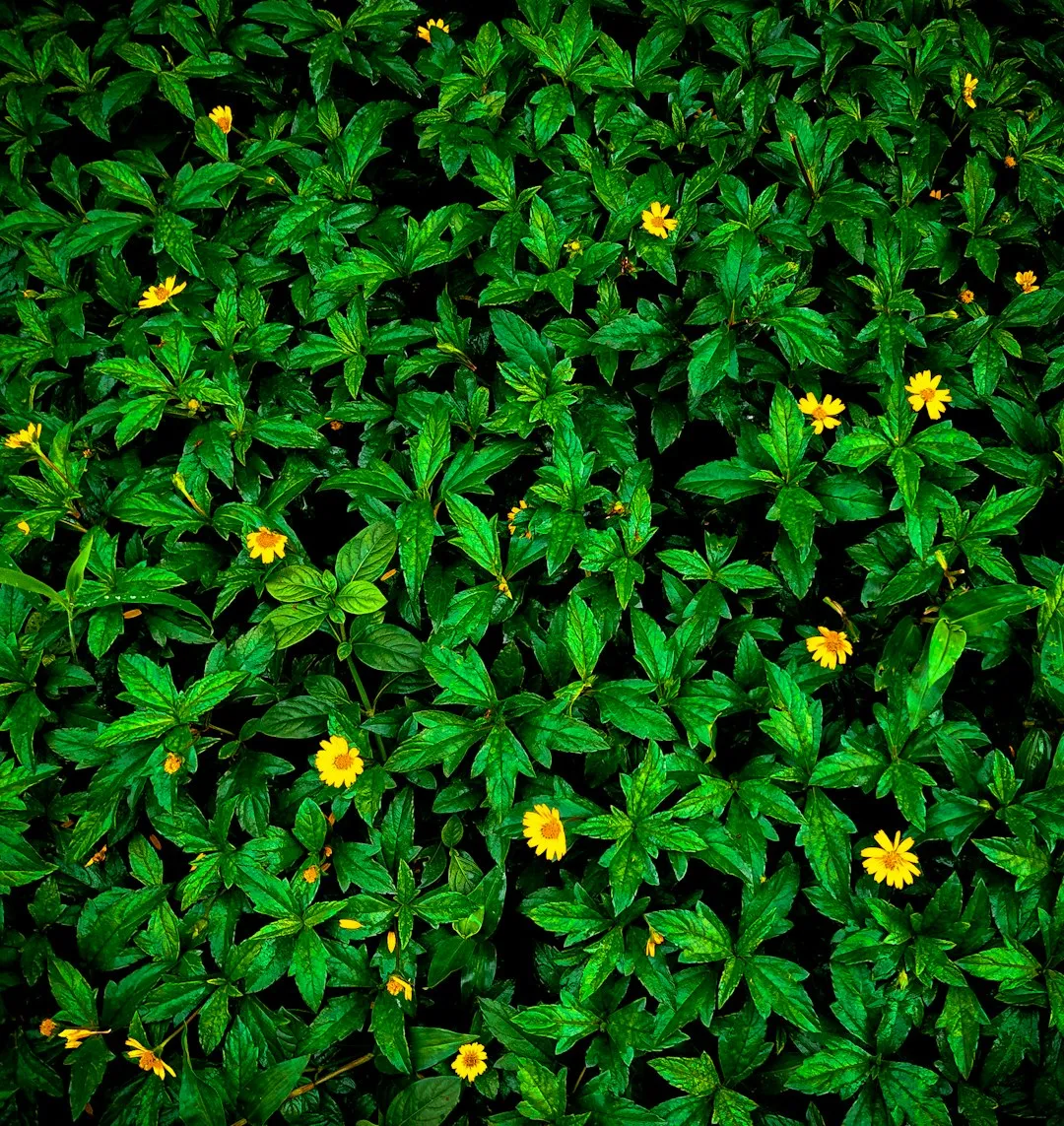
Reviving Your Hibiscus: Solving the Mystery of Yellow Leaves
Reviving Your Hibiscus: Solving the Mystery of Yellow Leaves